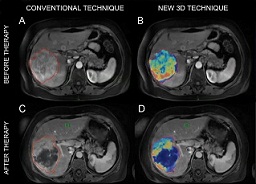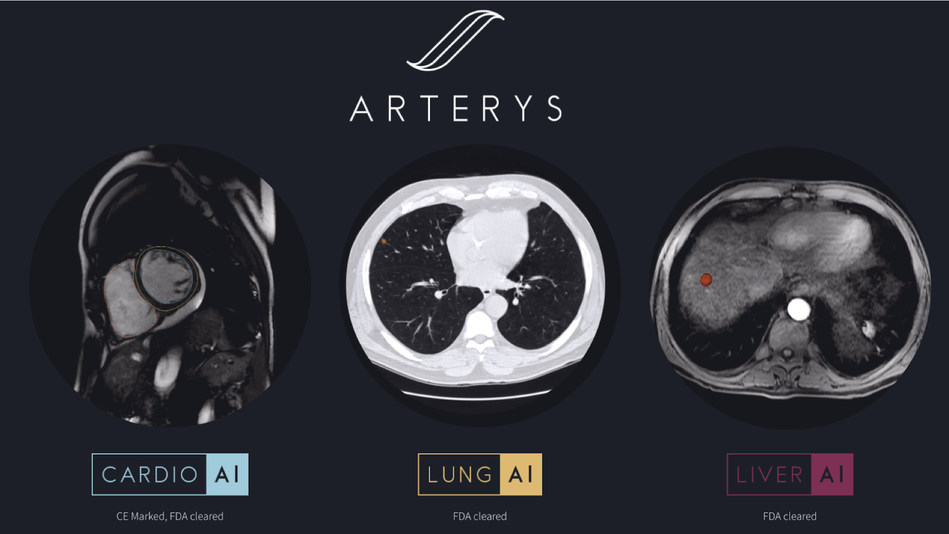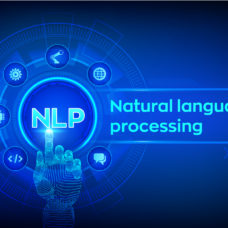Medical technology keeps advancing by leveraging the latest innovations it can. Though many experts have reservations about robots and AI replacing humans, this most likely won’t be the case.
The startup Arterys seeks to maximize the benefits of cloud-based medical imaging solutions. It also just got its fifth 510(k) clearance from the U.S. Food and Drug Administration (FDA). The clearance marks a huge milestone in terms of the company’s traction and future success.
What was this fifth clearance for and how does AI fit into Arterys’ vision?

Origins in Imaging Technology
The key to helping patients survive life-threatening illnesses such as cancer involves timing. If a physician can locate and detect tumors early, a patient usually stands a higher chance of surviving whatever cancer they may have.
Arterys aims to use their AI platform to boost early detection of deadly tumors.
This first-of-its-kind AI-as-a-service (AIaaS?) leverages what the startup learned from their Cardio AI project. However, the Arterys Cardio DL application preceded the Arterys Oncology AI suite by only two years. The zero-footprint deep learning solution allowed for automated and editable ventricle segmentation in cardiac MRIs.
It decreased evaluation time from 30 minutes to just 15 seconds. However, it does effectively automate tasks that radiologists perform manually — hence concerns about AIs/robots replacing humans.
You can see similar ideas at play in descriptions about the Oncology AI suite.
A Focus on Working With Physicians, not Replacing
The Oncology AI suite empowers clinicians to more effectively track and measure potential cancers and tumors. It uses deep learning workflows to allow radiologists to confirm, quantify, evaluate, and then report on various growths.
Right now, the workflows operate for liver CT and MRI scans, as well as for lung CT scans.
The company already has permission to operate in around 100 countries. It even has a five-year deal with a significant French hospital system and is in use in 100 hospitals around the world.
CEO Fabien Beckers echoed the sentiment that these suites are not meant to replace humans:
“We’re giving them more information to make a more accurate diagnosis, and letting the system do manual tasks so they can [focus more] on the patient and their experience.”
Company co-founder Albert Hsiao, M.S., Ph.D. further commented on the importance of radiologists and how the Oncology AI suite should make their jobs easier and the results more accurate and timely.
“We desperately need more efficient technology to automatically track lung and liver lesions to further improve diagnosis, assess response to treatment, and automate reporting with standardized terminology including Lung-RADS and LI-RADS. The Oncology Lung AI and Liver AI products are designed to maximize efficiency and accuracy of the radiologist read and will power next-generation radiology interpretation.”
Arterys plans to expand its offering lineup including products for liver, breast, and lung scans. With partners like Siemens and GE ViosWorks, Arterys will surely keep producing innovative products.



















Comments (0)
Most Recent